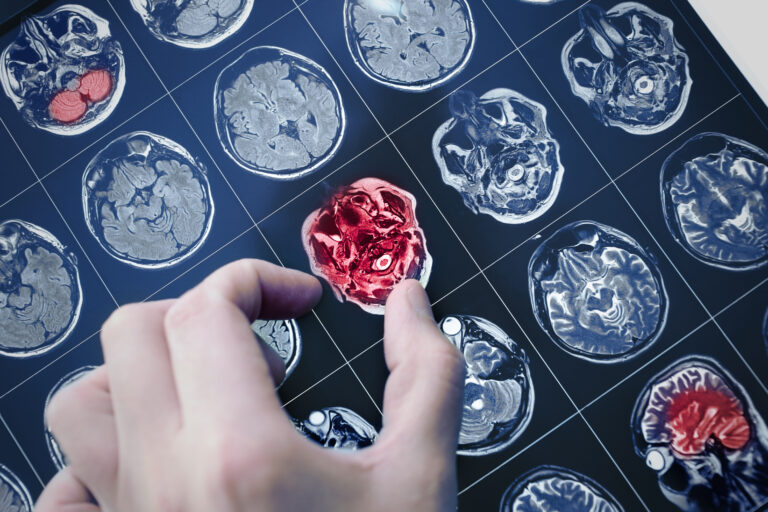Caffeine is not inherently bad for people with Alzheimer’s disease; in fact, research suggests it may have protective effects on cognitive function and brain health. Several authoritative studies indicate that caffeine consumption, particularly from coffee, is associated with a lower risk of cognitive decline and may help preserve memory and attention in older adults, including those at risk for or living with Alzheimer’s disease.
One large population-based study analyzing U.S. health survey data found that higher caffeine intake was linked to better cognitive performance in adults aged 60 and older. This study highlighted a dose-dependent relationship, meaning that as caffeine consumption increased, cognitive function improved, especially in memory and attention domains. The researchers proposed that caffeine’s ability to block adenosine receptors in the brain enhances alertness and neurotransmitter activity, which could explain these benefits. Additionally, caffeine’s antioxidant and anti-inflammatory properties might protect brain cells from damage that contributes to neurodegeneration [1].
Beyond caffeine alone, coffee contains other bioactive compounds such as chlorogenic acids and diterpenes, which may work synergistically to support brain health. A study published in the Journal of Agricultural and Food Chemistry investigated espresso coffee’s effects on tau protein aggregation, a key pathological process in Alzheimer’s disease. Tau proteins normally stabilize brain structures, but when they aggregate abnormally, they contribute to neurodegeneration. The study found that compounds in espresso inhibited the formation of larger tau aggregates in cell models, suggesting a protective effect against Alzheimer’s pathology. Notably, the whole espresso extract was more effective than isolated compounds, indicating that the combination of coffee’s components may be important for its neuroprotective potential [2].
Moderate coffee consumption, typically defined as 1 to 3 cups per day, has been consistently associated with a reduced risk of cognitive decline and Alzheimer’s disease in epidemiological studies. This moderate intake appears to provide cognitive benefits such as improved focus, attention, faster reaction times, and mood enhancement, which are relevant for maintaining mental function in aging populations. The caffeine in coffee blocks adenosine receptors, reducing fatigue and increasing alertness, while antioxidants in coffee reduce oxidative stress and inflammation in the brain, both of which are implicated in Alzheimer’s disease progression [3][4].
Concerns about caffeine’s safety in people with Alzheimer’s often stem from general worries about caffeine’s effects on the heart or sleep. However, recent research shows that moderate coffee consumption does not increase cardiovascular risk and may even reduce the risk of heart disease and stroke. This is important because cardiovascular health is closely linked to brain health. Furthermore, while caffeine can affect sleep, careful timing and moderate doses can minimize sleep disruption, which is crucial since poor sleep can worsen cognitive decline [5].
In summary, current authoritative evidence suggests that caffeine, especially when consumed as part of coffee, is not harmful and may be beneficial for people with Alzheimer’s disease or those at risk. The mechanisms include improved neurotransmitter function, antioxidant and anti-inflammatory effects, and inhibition of pathological protein aggregation. However, individual tolerance varies, and people with Alzheimer’s should consult healthcare providers to tailor caffeine intake to their overall health status and medication regimen.
Sources:
[1] Wang X, Li M, Zhang M. Caffeine Intake and Cognitive Function Among US Adults Aged 60+: Insights From NHANES 2011−2014. Journal of Human Nutrition and Dietetics.
[2] Journal of Agricultural and Food Chemistry. Study on espresso compounds and tau protein aggregation.
[3] Coffee and Cognitive Decline: Moderate coffee intake linked to lower risk of Alzheimer’s.
[4] SI.com Everyday Athlete. Coffee and cognitive performance: caffeine and antioxidants.
[5] Coffee and Health. Debunking coffee myths: cardiovascular and metabolic effects.





